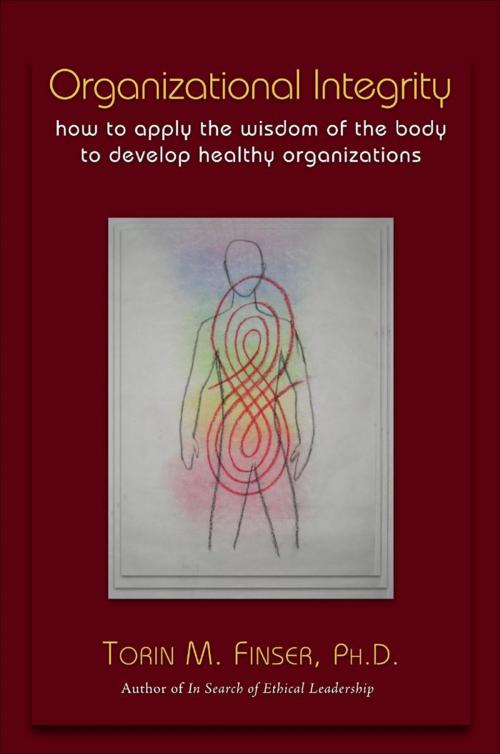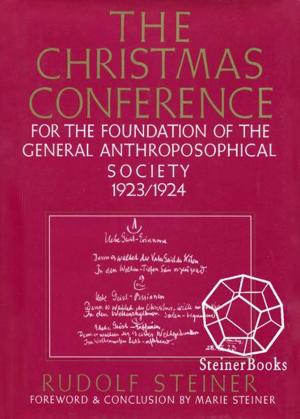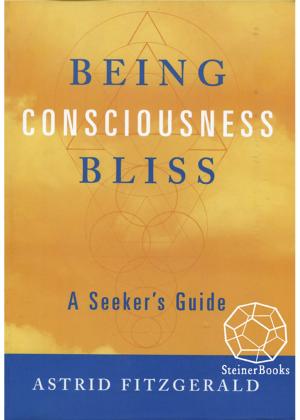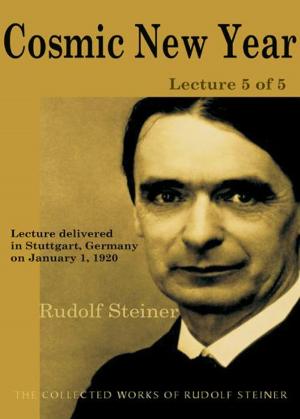Organizational Integrity
Nonfiction, Reference & Language, Education & Teaching, Counseling & Guidance| Author: | Torin M. Finser | ISBN: | 9780880109345 |
| Publisher: | SteinerBooks | Publication: | April 1, 2007 |
| Imprint: | SteinerBooks | Language: | English |
| Author: | Torin M. Finser |
| ISBN: | 9780880109345 |
| Publisher: | SteinerBooks |
| Publication: | April 1, 2007 |
| Imprint: | SteinerBooks |
| Language: | English |
All around us, we see living systems in plants, animals, and human beings. Our environment is alive, vibrant, and full of innate wisdom. Even the stars and planets speak in the language of ancient folklore to those who have ears to hear. Our very lives depend on this interdependence and on the myriad connections that surround us. Nonetheless, many people experience organizations as inert, bureaucratic, inflexible obstacles to innovation and human initiative. People have struggled for years under the weight of apathy in organizations such as large school systems, corporations, and government agencies such as FEMA. Organizational Integrity attempts to reclaim and reconcile organizational dynamics with living systems. The wisdom found in human organs, minerals, planets, and even sacred geometry is used to reinvent organizations. Organizations are supposed to serve, and their forms and structures should mirror the living systems of those who have come together with common purpose. We need to change our ideas of organizations and establish a new paradigm so that future organizations will be worthy of the people in them. Dr. Finser makes the case that we need a new ecology of organizations, and that now is time for a new revolution that creates dynamic, living organizations by the people and for the people. Moreover, he shows us how to achieve this seemingly impossible task by organ-izing organizations. Just as democracy has transformed much of the world, through the genius of the human body we can transform organizations into living systems that serve and protect human interests. Here is a truly unique approach to the age-old process of bringing people together in healthy, effective organizations to better the world we live in.
All around us, we see living systems in plants, animals, and human beings. Our environment is alive, vibrant, and full of innate wisdom. Even the stars and planets speak in the language of ancient folklore to those who have ears to hear. Our very lives depend on this interdependence and on the myriad connections that surround us. Nonetheless, many people experience organizations as inert, bureaucratic, inflexible obstacles to innovation and human initiative. People have struggled for years under the weight of apathy in organizations such as large school systems, corporations, and government agencies such as FEMA. Organizational Integrity attempts to reclaim and reconcile organizational dynamics with living systems. The wisdom found in human organs, minerals, planets, and even sacred geometry is used to reinvent organizations. Organizations are supposed to serve, and their forms and structures should mirror the living systems of those who have come together with common purpose. We need to change our ideas of organizations and establish a new paradigm so that future organizations will be worthy of the people in them. Dr. Finser makes the case that we need a new ecology of organizations, and that now is time for a new revolution that creates dynamic, living organizations by the people and for the people. Moreover, he shows us how to achieve this seemingly impossible task by organ-izing organizations. Just as democracy has transformed much of the world, through the genius of the human body we can transform organizations into living systems that serve and protect human interests. Here is a truly unique approach to the age-old process of bringing people together in healthy, effective organizations to better the world we live in.















